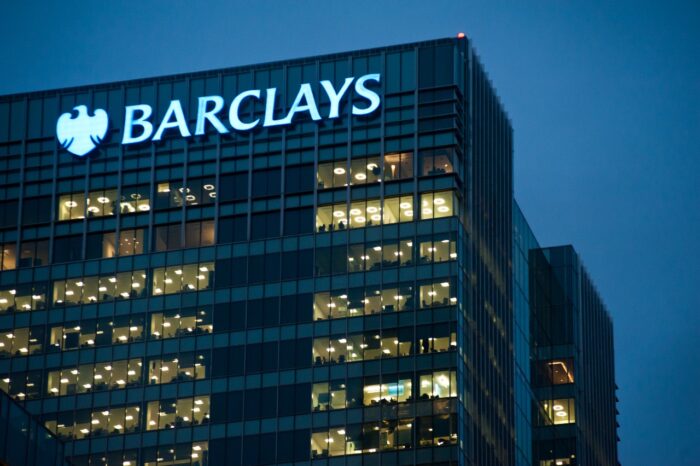Top Class Actions’s website and social media posts use affiliate links. If you make a purchase using such links, we may receive a commission, but it will not result in any additional charges to you. Please review our Affiliate Link Disclosure for more information.

Bank Giants Forex Cartel Overview:
- Why: The banks were fined for their participation in a foreign exchange trading cartel.
- Who: The European Union’s antitrust commission fined Barclays, RBS, HSBC and Credit Suisse a total of €344 million.
- Where: The banks are based in Europe.
The European Commission (EU) fined Barclays, Royal Bank of Scotland (RBS), HSBC and Credit Suisse a total of €344 million for colluding around foreign exchange, or forex, trading. UBS (United Bank of Switzerland) was also implicated in the EU probe but received full immunity for outing the forex cartels.
Forex traders at the five banks were found to have illegally exchanged information about trades and coordinated trades. Such behavior “undermined the integrity of the financial sector at the expense of the European economy and consumers,” according to Margrethe Vestager, the commissioner in charge of competition policy.
The commission took the banks’ infringement of EU competition law and the scope and duration of the illicit activity into consideration when determining the fines.
The fines incurred by Barclays, RBS and HSBC are part of a settlement the banks reached with the commission. The penalties to each bank were reduced thanks to their cooperation with the commission’s investigation and admission of participation in the cartel. After the discounts, Barclays was fined €54.3 million, RBS €32.5 million and HSBC €83.3 million.
Credit Suisse did not cooperate with the investigation but was not “held liable for all aspects of the case.” Thus, the commission reduced the bank’s penalty by 4 percent to €83 million.
Bank Traders Form Anti-Competition Forex Cartel
With information from UBS, the antitrust commission investigated the behavior of certain traders employed by the five banks. These traders dealt in forex spot trading of G10 currencies, which are the most liquid and most heavily traded currencies in the world. Here, spot trading involves buying or selling foreign currency for instant delivery on a specified spot date.
The probe found that the forex traders continually exchanged sensitive information and trading plans. They also coordinated trading strategies and communicated in a chatroom called “Sterling Lads.”
By keeping in contact and sharing information, the traders could know when to buy and sell select currencies. This unfairly removed the usual risk typical of forex trades, according to the commission. Traders also collaborated to prevent any one trader from interfering with another’s trades at any given time.
What do you think of the banks’ forex trading behaviors and the EU’s response? Sound off in the comments below!
Don’t Miss Out!
Check out our list of Class Action Lawsuits and Class Action Settlements you may qualify to join!
Read About More Class Action Lawsuits & Class Action Settlements:
- UK Crown Prosecutors Expecting Spike in Crypto-Crime
- Football Index Users Mull Class Action Lawsuit Over Loss of ‘Life Altering’ Sums
- 118 118 Money Data Breach Group Action Open Claim
- LOQBOX Data Breach Group Action Open Claim














